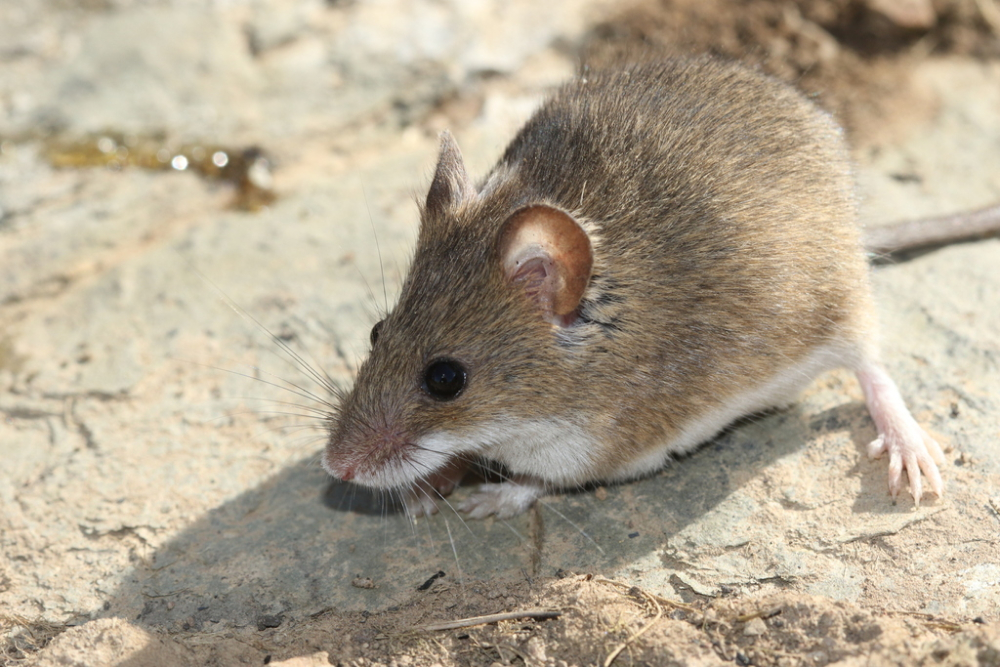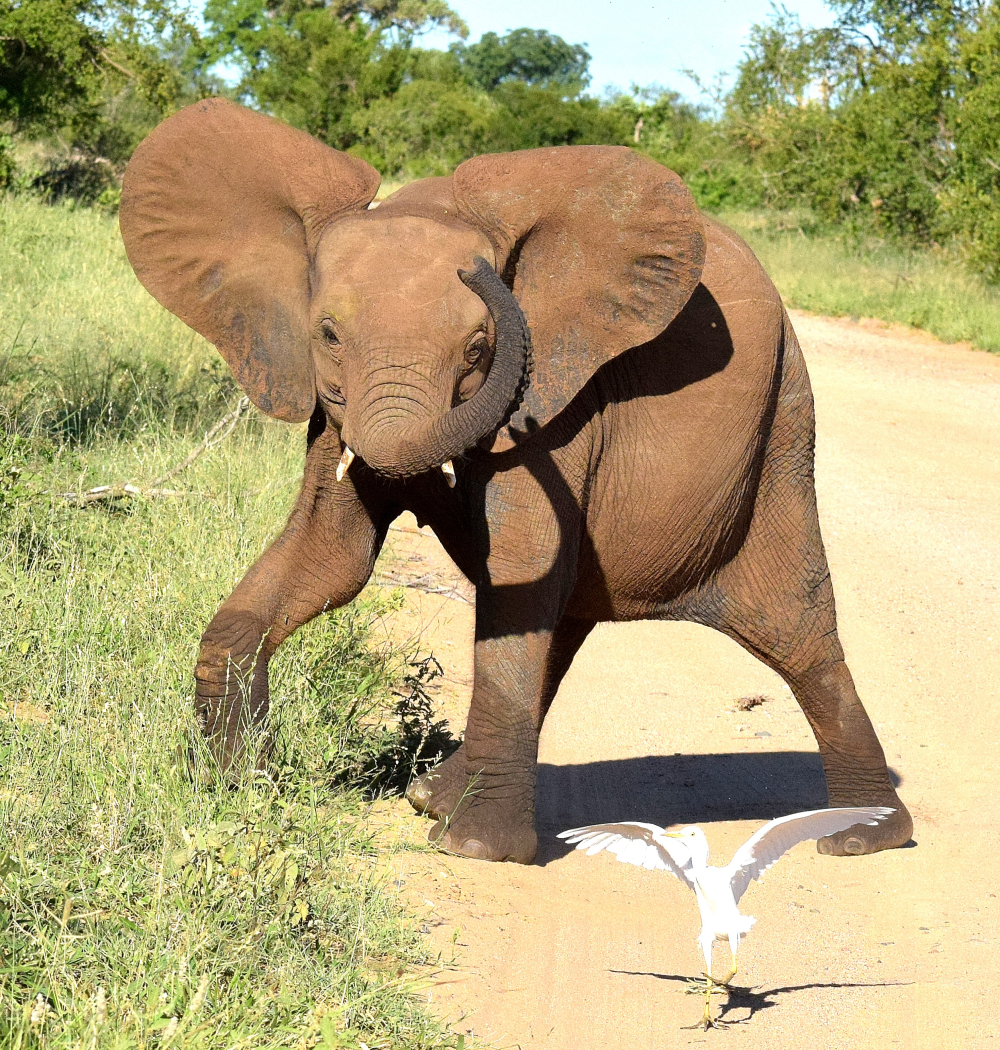Pliny The Elder once wrote of elephants: “Of all other living creatures, they cannot abide a mouse or a rat.” Elephants being afraid of tiny rodents has become a popular theme in folklore and cinema – just look at Disney’s Dumbo – but is it true?
Given that African elephants are the largest terrestrial animals on the planet, it’s hard to imagine they could be brought to their knees by a mouse, but then you might have thought the same would apply to humans (and just look at us). So, was old Pliny onto something? Are elephants afraid of mice?
According to the Global Sanctuary For Elephants, there was once a grim theory that a mouse could crawl up an elephant’s trunk. A horrible concept even for someone with a little human nose, but fortunately it’s probably not true as elephants could simply blow them out in the same way we clear our nostrils. Furthermore, elephants have a fleshy epiglottis that would block a mouse from reaching any delicate internal structures.

The tiny pygmy mouse Mus minutoides shares habitat with African elephants, but it likely wouldn’t last long inside their trunks.
Elephants’ eyes are located on the sides of their heads. This means they can see very well to their sides, but the ground directly in front and behind are blind spots.
It’s entirely possible, then, that a small critter could sneak up on an elephant which may only realize something’s there when they’re scrabbling around on their feet. And whoever said being big meant you had to be brave?
“In the wild, anything that suddenly runs or slithers by an elephant can spook it,” Josh Plotnik, a researcher of elephant behavior and intelligence at the University of Cambridge in England and the head of elephant research for the Golden Triangle Asian Elephant Foundation in Chiang Rai, Thailand, told Live Science. “It doesn’t have to be a mouse — dogs, cats, snakes or any animal that makes sudden movements by an elephant’s feet can startle it.”

Baby elephant VS bird isn’t always the slam dunk you’d imagine.
Image credit: Kayleigh Huysamen Moon / Shutterstock.com
So, it seems the fear factor doesn’t come down to the mouse itself, but instead the shock factor of suddenly finding something unexpected very close to their feet. It’s a funny visual in the context of mice, but consider some of the other neighbors elephants have to contend with and it starts to make sense.
Asian elephants share their habitat with king cobras, the world’s longest venomous snakes that are capable of delivering enough venom to theoretically kill an elephant according to National Geographic. Their skin and stamping potential largely keeps them safe from such bites, but the trunk and young elephants are particularly vulnerable, so even these giants will give snakes a wide berth – if they know where they are.
When threatened or surprised, be that from a snake or a mouse, elephants can spread their ears – which, in the case of the African elephant, are the largest of any animal on Earth. It got us wondering, why are elephant ears so big?
Source Link: Are Elephants Really Scared Of Mice?